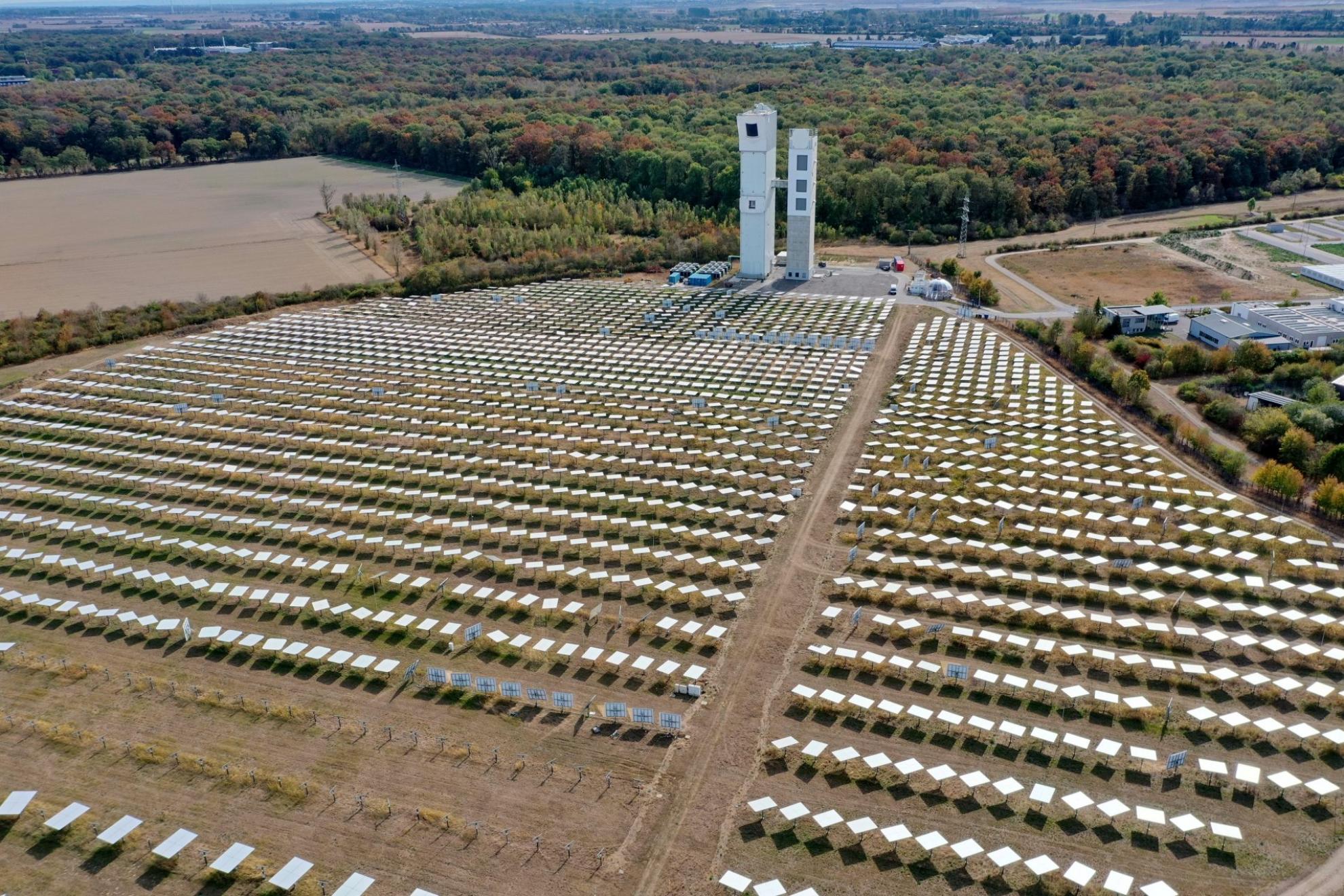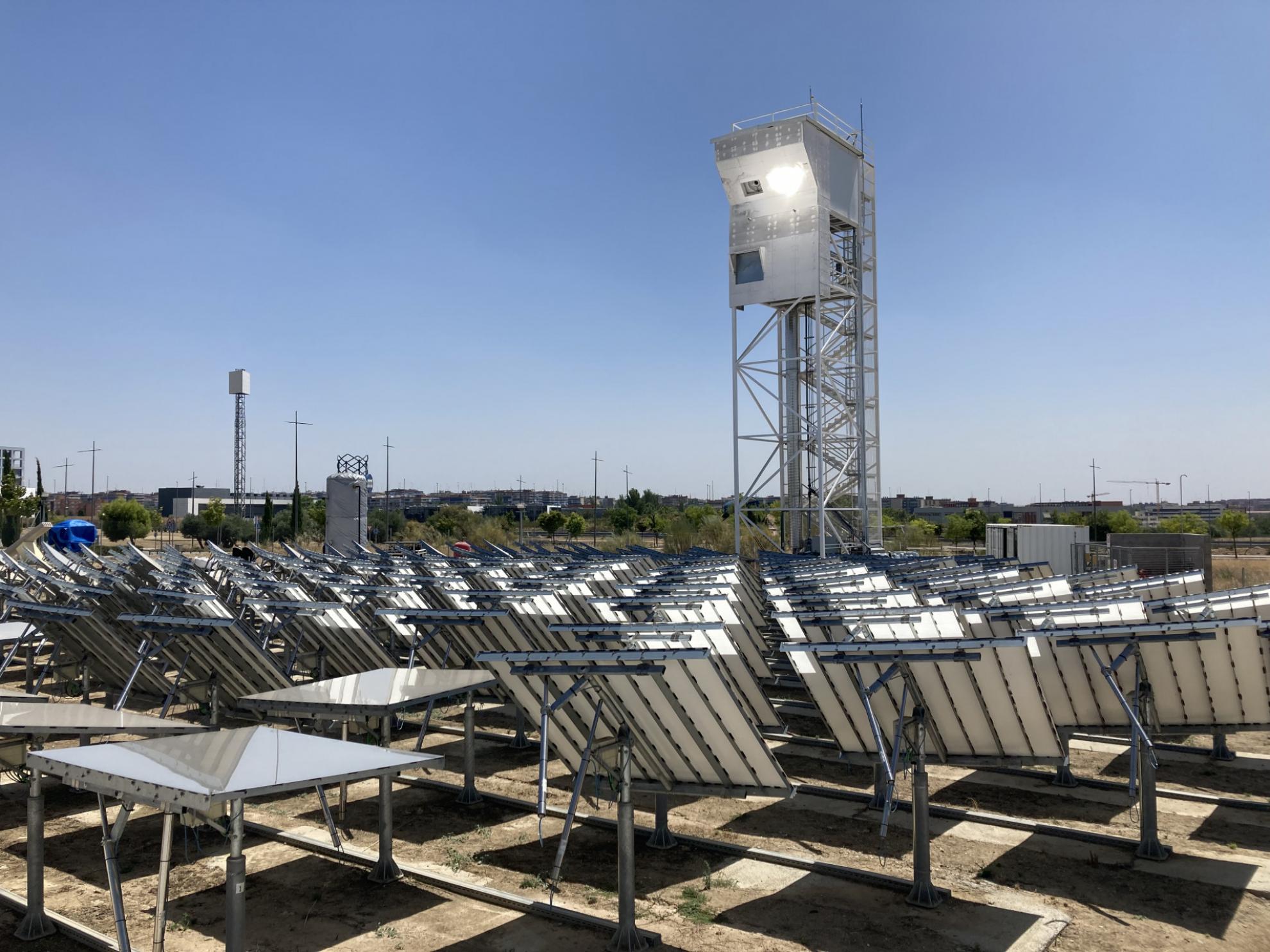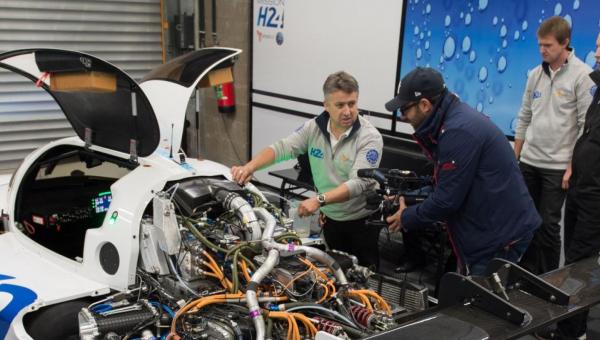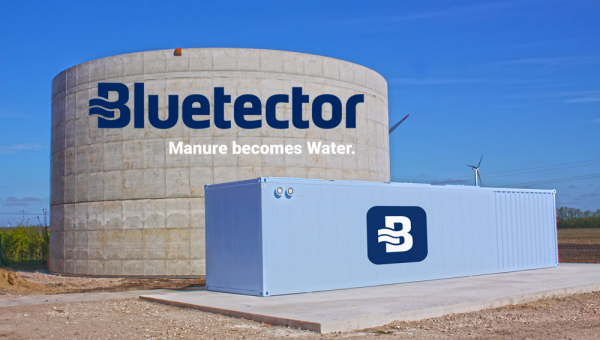Commercial planes will soon be able to fly with solar kerosene

A new solar kerosene – Syngas – from ETH spin-off Synhelion promises to be a major driver in air transport decarbonisation. A first plant for the industrial production of the solar fuel will open in 2023, after announcing a new cooperation with Switzerland’s main air carrier SWISS.
In the past, people boarded an airplane without thinking twice to fly off to faraway places. Today many people carry an unpleasant piece of luggage with them: a guilty conscience. They know that airplanes are among the biggest CO2 emitters in transportation.
Airlines around the world are consequently looking for alternatives. The most promising solution is syngas – synthetically produced fuel derived exclusively from renewable sources. Syngas works like kerosene: aircraft do not require new engines to take off in a CO2-neutral way.
Replacing half of Switzerland’s kerosene needs by 2030
SWISS will be the world's first airline to fly planes from 2023 with solar kerosene from the ETH spin-off Synhelion. SWISS and the Lufthansa Group have entered into a partnership with Synhelion for this purpose. The start-up, founded in 2016 at ETH Zurich with the ground-breaking idea to reverse combustion with the help of the sun, will build the world's first plant for the industrial production of the solar fuel in Germany later this year. By 2023, Synhelion plans to ramp up production capacity to produce 875 million litres of solar fuel per year – enough fuel to replace half of Switzerland's airplane kerosene needs by 2030.

Test facility of a Synhelion pilot plant at the German Aerospace Center near Cologne.
At the German Aerospace Center in Jülich, Germany, Synhelion is demonstrating the production of syngas on large scale with more than 2,000 mirrors that concentrate sunlight onto the two solar towers.
Solar fuel is particularly environmentally friendly: it is only produced with CO2 and the heat of the sun. To produce solar kerosene, the sun's light is concentrated via a mirror field, collected in a collector and brought to a temperature of over 1,500 degrees.
We believe in a globalised world connected by climate-friendly mobility
Huge potential for technology
The technology, supported with currently 12 patent families, is not only limited to the transportation industry and solar kerosene, diesel, gasoline, or hydrogen. Recently, Synhelion and CEMEX, a large cement producer based in Mexico, announced the successful production of the world’s first solar clinker, the key component of cement, a significant step towards developing fully solar-driven cement plants.

The world’s first solar clinker pilot plant at the IMDEA Energy solar tower near Madrid.




